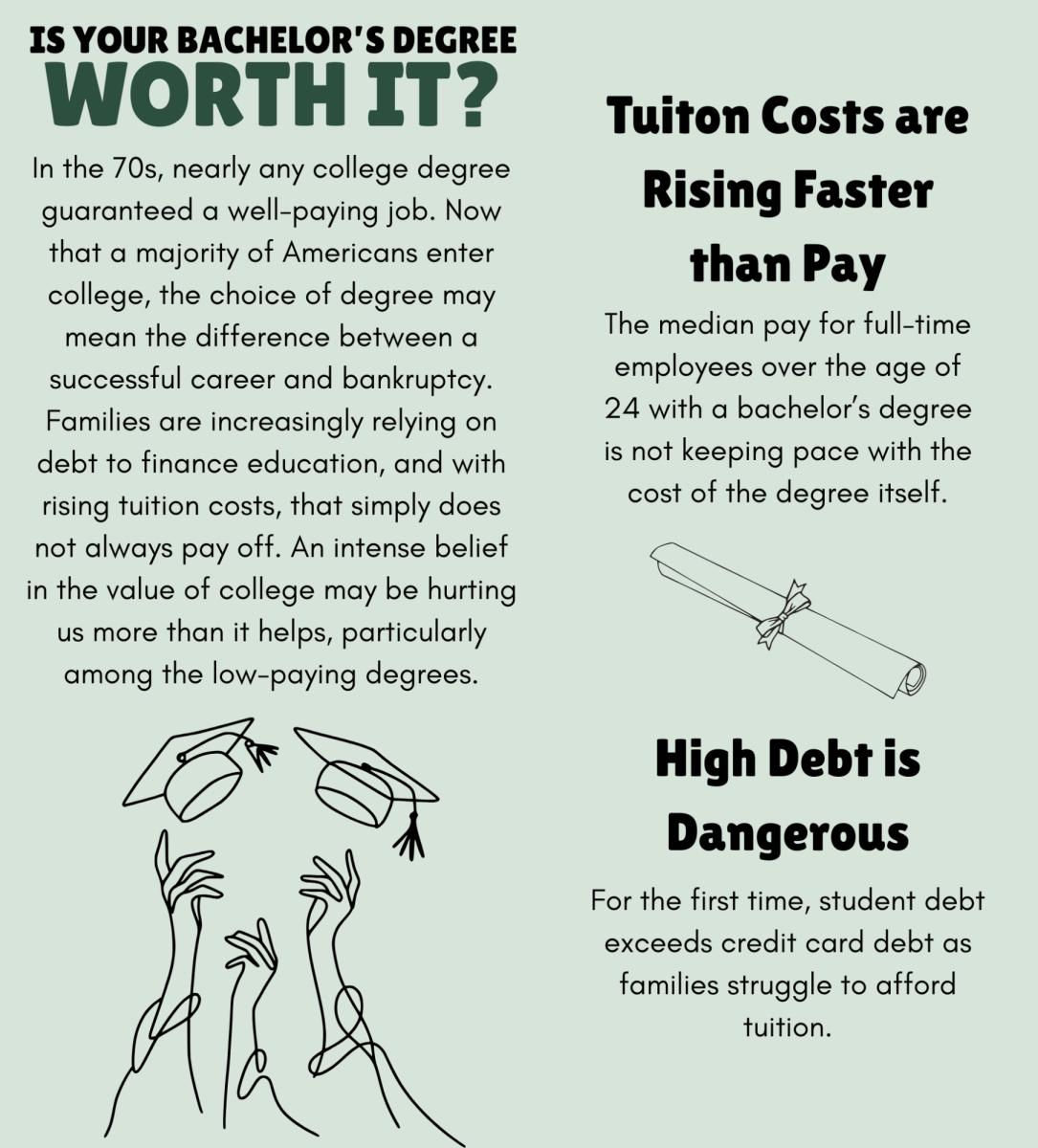Tenure remains an integral part of higher education at colleges and universities. Eliminating tenure would be a disservice to students and faculty alike.
The ULM Faculty Handbook states that “the purpose of tenure is to preserve academic freedom and the integrity of the university by protecting the individual faculty member against capricious dismissal or abuse.”
Academic freedom means that colleges and universities have control over the material taught in classrooms. Tenure adds a layer of protection by allowing professors to teach controversial topics or publish works without fear of retribution. Tenured professors cannot be fired for expressing views different from the majority.
However, tenure is not a get-out-of-jail-free card. Contrary to popular belief, tenured professors are still held accountable for their actions. If a tenured professor engages in hate speech, gross incompetence or offensive behavior, then the university will remove the professor.
If said professor purposely discriminated against students, then tenure would be called into question.
Also, not every professor at a school or university receives tenure. Professorships and tenure tracks are not given out like Pokémon cards. Instead, tenure is given to select professors who are the top scholars in their chosen field and receive high evaluations. The process for choosing tenured professors differs at every university, but this decision is not made lightly.
But just how important and necessary is academic freedom in higher education?
Hundreds of schools across the U.S. have censored or banned materials the government deems “inappropriate” or “indoctrinating.”
There has already been an effort to eliminate academic freedom in elementary and middle schools. Now, representatives hope to wage war against public universities.
Critics of tenure falsely believe that it pushes a liberal narrative. Others believe that tenure is an elaborate conspiracy that brainwashes college students. While these theories may sound ridiculous, they have been popularized by the Republican Party.
State Sen. Stewart Cathey Jr., who represents Monroe, acts as one of the main critics of tenure in Louisiana. In 2021, he created a resolution that would study the role of tenure at Louisiana universities. In his resolution, he wrote, “Postsecondary students should be confident that they are being exposed to a variety of viewpoints, including those that are dissenting.”
This year, he created Senate Bill 174, which “provides for the annual evaluation of each faculty member at each public postsecondary education institution.” Upon first reading, SB 174 seems beneficial for Louisiana universities and colleges. Yet, the bill supports the belief that tenure prioritizes a left-wing agenda.
Basically, passing SB 174 would prey on academic freedom at public universities. The unclear language of the bill would essentially overhaul the system. After all, Cathey never defines “professional activity within the discipline” or “the nature of the teaching environment within the discipline.” It would be easy to assume that SB 174 prioritizes the Republican beliefs of its author.
Admittedly, flaws exist within the tenure system. In the fall of 2021, 40% of tenured-track professors were white males, per the National Center for Education Statistics. Tenure needs to feature more professors with diverse backgrounds, but bills such as SB 174 do not want to diversify tenure or create better learning environments.






